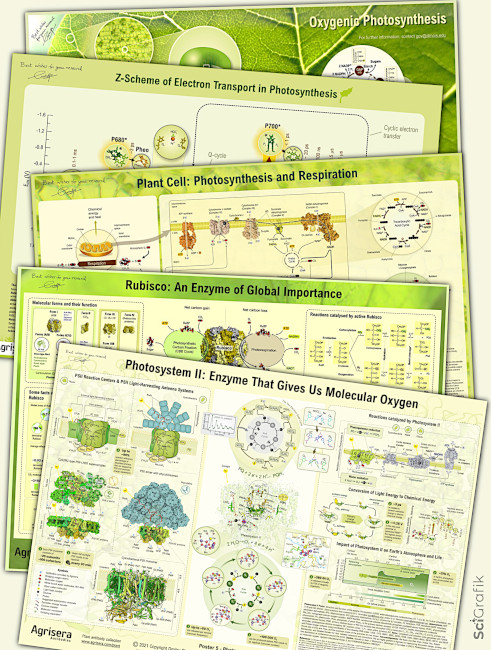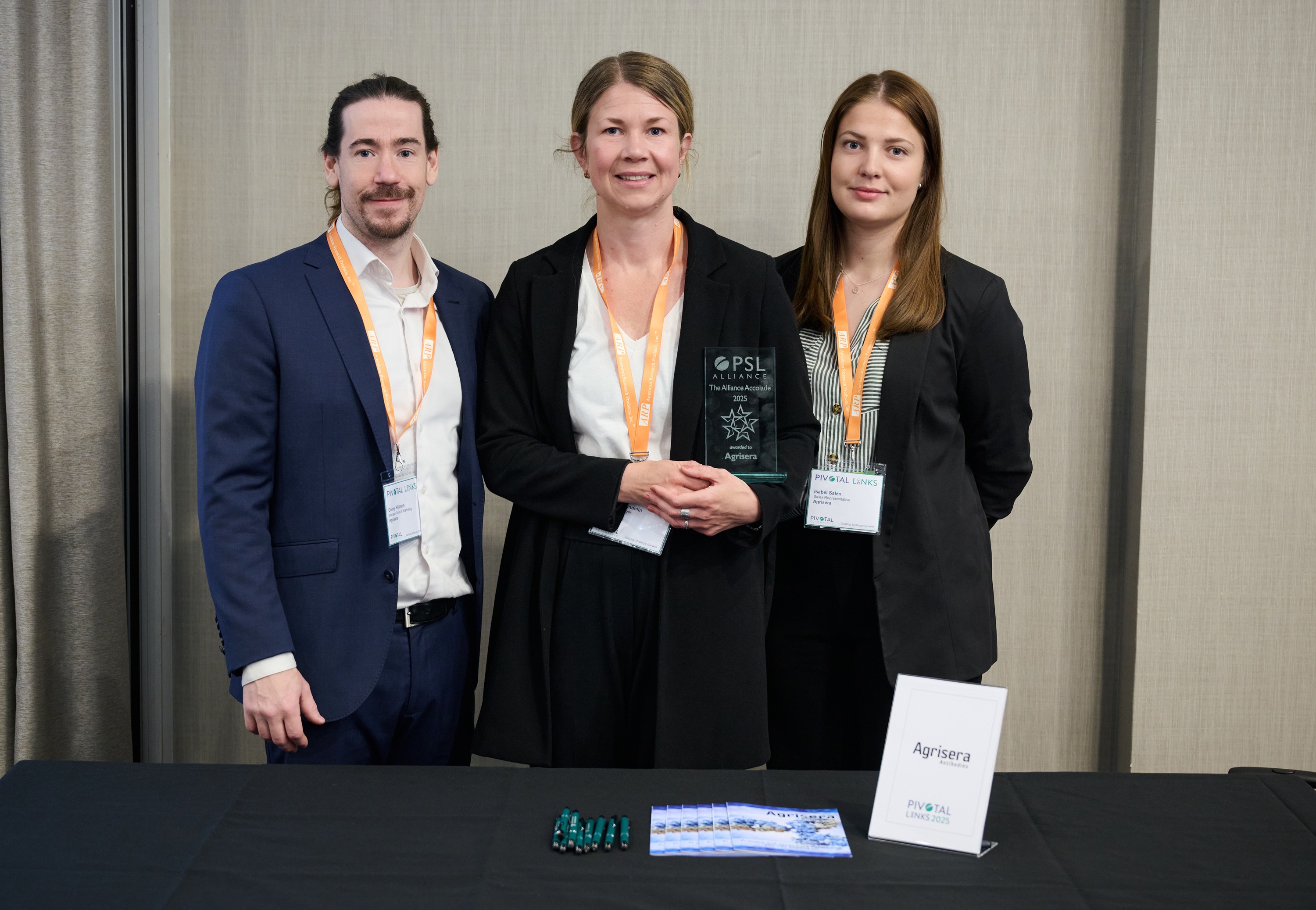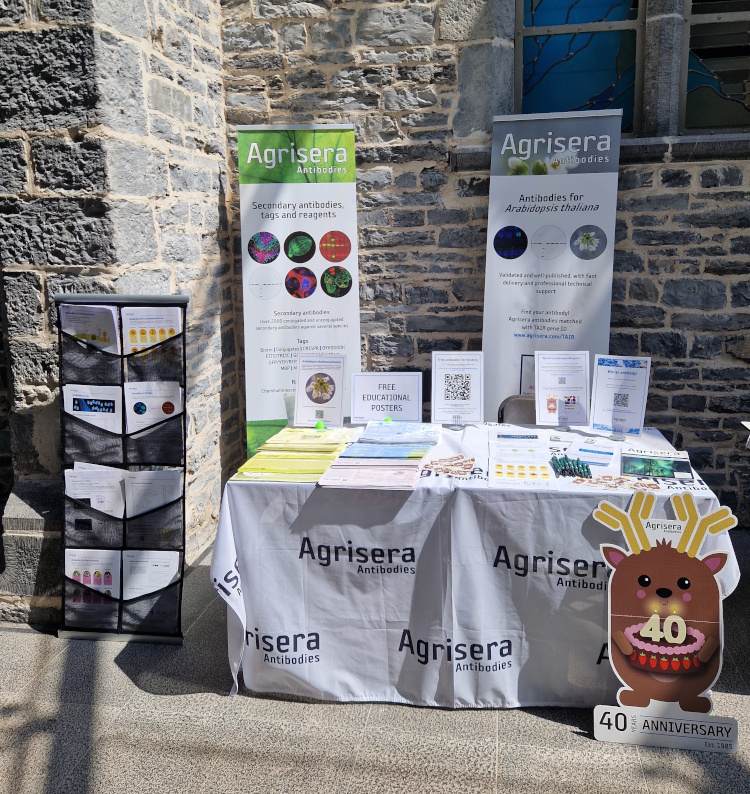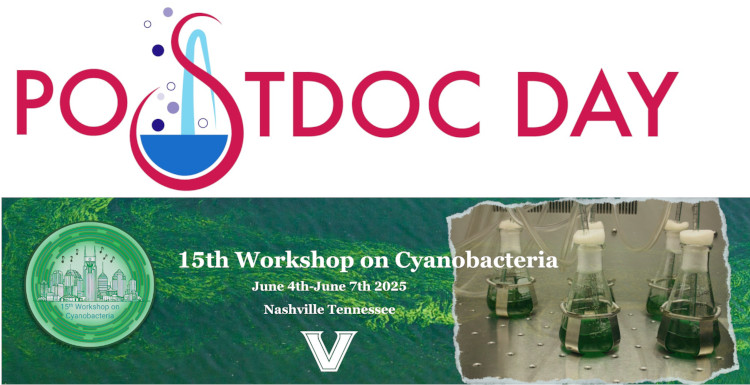Interview with Prof. Andreas Hiltbrunner
Prof. Andreas Hiltbrunner
- Please tell us about yourself and your research/institution.
During my PhD at ETH Zurich, I investigated the molecular mechanisms of protein import into chloroplasts. For my postdoc, I then moved to the University of Freiburg, Germany, where I became interested in how plants sense the light environment and how phytochromes, an important class of photoreceptors in plants, are involved in this process. When I started my own lab as an independent group leader at the Centre for Plant Molecular Biology (ZMBP), University of Tübingen, Germany, I continued working on light signalling and phytochromes, and also began investigating how phytochromes and light signalling evolved in land plants. Since 2012, I have been Professor of Molecular Plant Physiology at the University of Freiburg, Germany, where I have continued to focus on understanding how phytochromes function at the molecular level, how downstream signalling pathways link light activation of phytochromes to changes in gene expression, and how the evolution of light signalling enabled plants to colonise land.
- What motivated you to get into plant science?
I have always been fascinated by plants, and from the beginning of my studies, it was clear to me that I wanted to work with plants. Plants feed the world, and it is therefore essential that we understand how they respond to changes in the environment, including those driven by climate change, if we are to ensure sustainable agricultural production in the future. However, the projects in our lab fall within the field of basic research, and I feel very privileged to have the freedom to investigate questions that are driven by curiosity and may not have an immediate application. Yet, applied research relies on discoveries made in basic science, and I am confident that understanding the fundamental principles of phytochrome action in model plants such as the seed plant Arabidopsis thaliana or the moss Physcomitrium patens will eventually contribute to practical applications.
- How have you used (Agrisera) antibodies in your research?
Antibodies to detect phytochromes (phy) and proteins involved in phytochrome downstream signalling are essential tools in our research (e.g. for immunoblotting or Co-IP). When our stocks of custom-made antibodies against phyA and phyB, the two primary phytochromes in seed plants, were used up, we needed to find a replacement. Fortunately, antibodies specific to phyA and phyB provided by Agrisera reliably detected the respective phytochromes. This resolved our issue, and we are grateful for this valuable resource. In addition, we are using several Agrisera antibodies against factors in involved in light signalling for immunoblotting.
- Any further comments?
We have tested several antibodies provided by Agrisera, and I really appreciate that – unlike many other companies – Agrisera actively invests in plant research. After several years of email communication, I finally met Joanna in person at a conference last year, which I greatly enjoyed. We were also glad to have Agrisera’s support for a conference at our institute this year, including the generous donation of a free antibody as a poster prize. Tack så mycket!
Links
• Prof. Andreas Hiltbrunner
• Prof. Andreas Hiltbrunner's research group
• Agrisera antibodies to proteins involved in light acclimation






